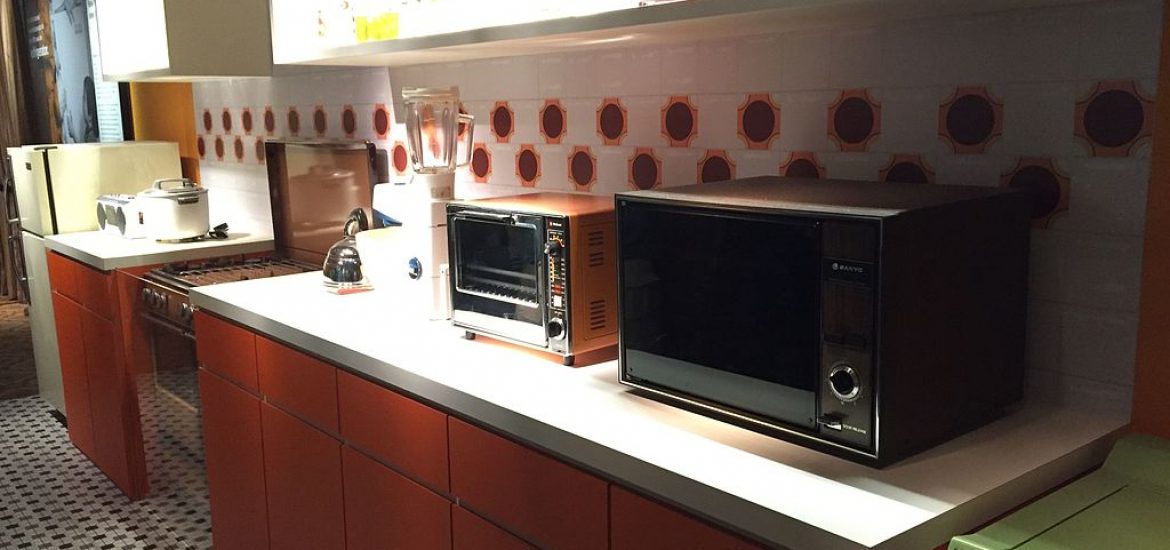
The Carbon Trust has reported that individual UK household energy use makes up more than 26 per cent of the national carbon footprint, saying simple changes can make a significant impact.
“Reducing our carbon footprint starts with understanding how much energy we each use,” said Dr Katie Russell of OVO Energy. “Paying for our energy via direct debit and emailed statements is better for the environment and saves time but it is easy to lose track of how much we’re actually consuming.
“But we can turn that around by becoming more conscious about our energy usage.”
Central heating was listed as one of the main contributors to energy bills. “For a home heated by gas, heating is typically 75 per cent of the gas bill,” said Russell. “Turning the thermostat down by 1°C saves £80 a year. Larger or less well-insulated homes can save more.”
Tumble dryers should only be used absolutely necessary. “If just one household dried their washing naturally during the summer instead of in the tumble dryer, they would save 90kg of carbon dioxide,” Russell said. “If every household in the UK did the same? More than 2 million tonnes of carbon emissions gone, forever.”
Using a washing machine on half-loads should be avoided and washing on a cooler temperature is recommended.
Old appliances can be inefficient while newer fridges tend to have much better insulation and seals and more efficient motors and compressors. By 2030, refrigeration energy use is forecast to reduce to a third of its 1990 level.
The EU Energy Label efficiency label rates up to A+++ and RecycleNow offers advice on how to dispose of specific items.
Household appliances left on standby use up electricity. “Our members are often surprised to learn how high their standby load is. We’ve measured that the average is 18 per cent of the electric bill,” said Russell. Speakers, coffee makers, television boxes and microwaves use energy on standby. “Turning these off at the plug, using timer plugs or investing in smart plugs will make a significant difference.”
Halogen bulbs use significantly more energy than LED lighting and they are being phased out across the European Union, where a ban on selling most halogen bulbs was enforced last year.
LEDs consume 20 per cent of the electricity of halogen lighting and have a 15- to 20-year life expectancy, compared to about two years for halogen bulbs.
Another survey says 28 per cent of 18- to 24-year-old Britons do not know how to read a smart energy meter.
The survey of 2,000 people by MoneySuperMarket said 43 per cent of young adults said they felt anxious at the thought of setting up accounts with energy companies and insurance providers. The national average is about 12 per cent.
Rachel Wait of MoneySuperMarket said: “Managing household bills for the first time can be a daunting prospect for young adults, but the reality is there’s no need for concern – it’s actually much easier than you think. Many providers offer online account management and you can switch utilities, such as energy and broadband, in a matter of minutes.
“By staying on top of your household bills, you’re more likely to make savings, especially if you shop around for the best deals. Searching and comparing deals across your switchable household bills could save you hundreds of pounds for just a few minutes of your time.
“You could reduce your energy bill by almost £238, car insurance by £250, home insurance by £42 and broadband by hundreds of pounds. That means you could be looking at a combined annual saving of nearly £1,000.”
Older appliances are best replaced. Picture credit: Wikimedia





